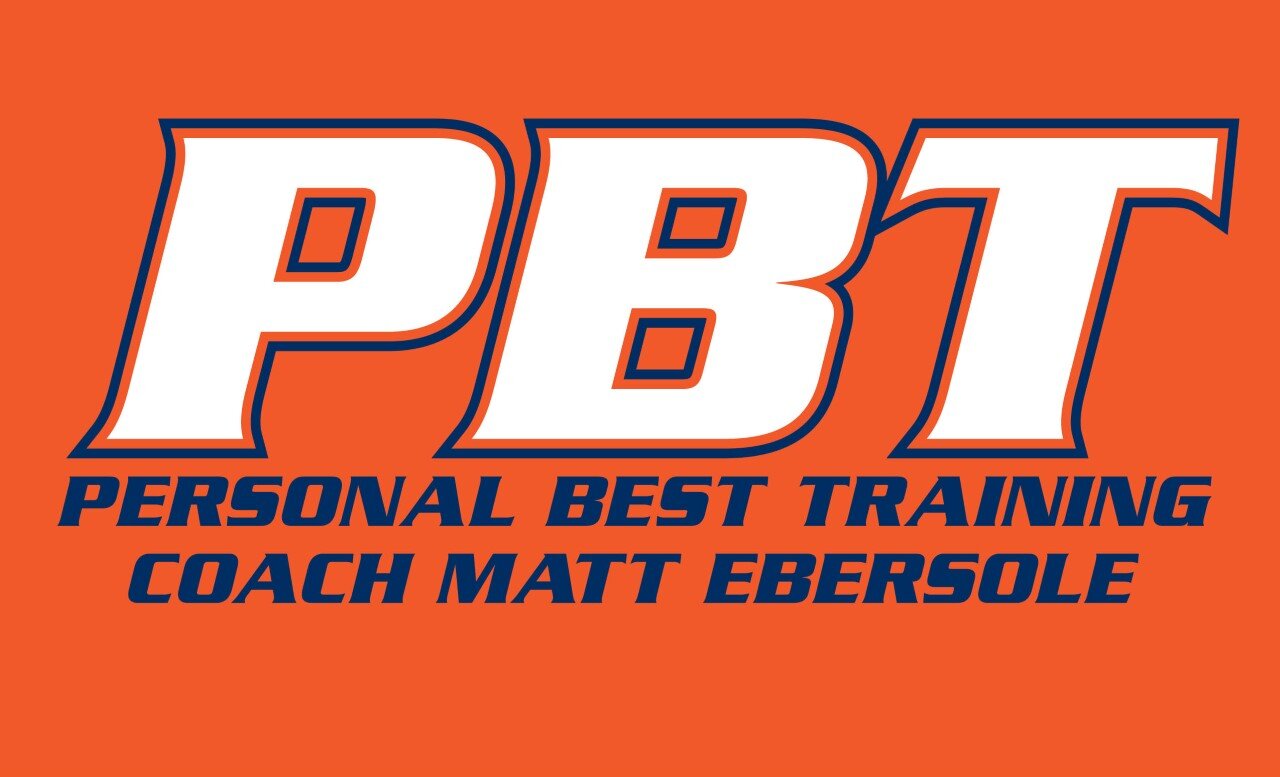Before we launch into our topic of training and racing effectively in heat, I want to recognize you may have heard much of this before. However, when I see the same avoidable mistakes made repeatedly, there must be some need for review. There are a number of important and helpful things that any coach repeats often enough even they get tired of hearing it. At some point the emphasis of repetition gives way to tuning out. My hope is that by putting these things in writing it will regain some status of importance that these points deserve.
Show up hydrated. Maintaining hydration in warm humid conditions is a losing battle. We can only hope to stay above the critical point where we feel terrible and slow to a crawl. Even that is a lost cause if you start a training run or race already dehydrated. The most simple and effective way I’ve found to manage hydration is frequent weighing. The most important times are in the morning, pre run and post run. Additional times will help you monitor your progress and let you know if you are back to a full tank or need to keep working on it. If you check your weight only in the morning or pre run, you do not have much recourse if you are too light. If weighing yourself stirs up crazy, there are tricks to be played to get the same information. It is not your actual weight we need to know, it is the differential due to dehydration. When you feel fully hydrated set the scale (you’ll need a less techie model) on a random number. Then use that random number as your set point. Interestingly, the same weigh ins can also give you an idea about your glycogen replenishment. Two very important things to monitor.
Drink early and often. I like the IV drip analogy. Before, during and after a run think of hydrating as a steady infusion like an IV drip. Too much at once does not get absorbed as effectively as a little bit at a constant rate. During exercise this also keeps the stomach happier and we know the workout and race often go as the stomach goes. While running, 6-8 ounces of fluid every 20-30 minutes is a good starting goal. You might be thinking, “I can’t drink while I run or I feel terrible.” Just like the running itself, this is trainable. Start small and build. There are plenty of days a year this is your limiting factor and no matter how fit you may be, it will not matter if you do not solve this problem.
Salt is a sponge. As the dew point and heat index head north the hydration battle becomes more bleak for your side. Salt tablets can be your not so secret yet effective weapon. Salt is what allows water to cross the cell membrane and become useful. If water does not get into the cell, it is not helpful at best and can kill you through hyponatremia at worst. You can get sodium through drinks, gels, and tablets. A starting dose is 150-200 mg per 8 ounces of fluid. However, I have many athletes that have become proficient at getting much more. These are the same athletes I will bet on as the temperature goes up. There are others that ignore this specialized training that predictably wilt and see the backsides of their less talented and trained competitors.
Hydration is key beyond the run. We know the body works best at rest in homeostasis and at exercise in steady state. Blood pressure, heart rate, and thermoregulation (body temperature) are all normalized with proper blood volume. Blood volume can only be in homeostasis with proper hydration. If proper hydration is key in keeping some diseases from killing you (Ebola virus, for example) I think we can accept it might help you recover faster from a workout or race and be better for just plain old general health.
You will need to adjust your Effort Dashboard in the heat. Pace will be slower in the heat. You can control the slowing effect by following the tips above and moderating pace early and voluntarily. You will also find HR climbs out of sync with effort with variation in blood distribution and volume. This creates the need to rely more on respiratory rate, muscular tension, and perceived exertion.
Learn to live by faith over the next few months. All of your work does matter and it will pay off with adaption and when the weather breaks. Until then the heat will disguise all positive evidence of progress and your training log may be reason for despair. Rest assured, those that rule in the fall, put in the work during the summer.
Links to my other posts about running and heat.

